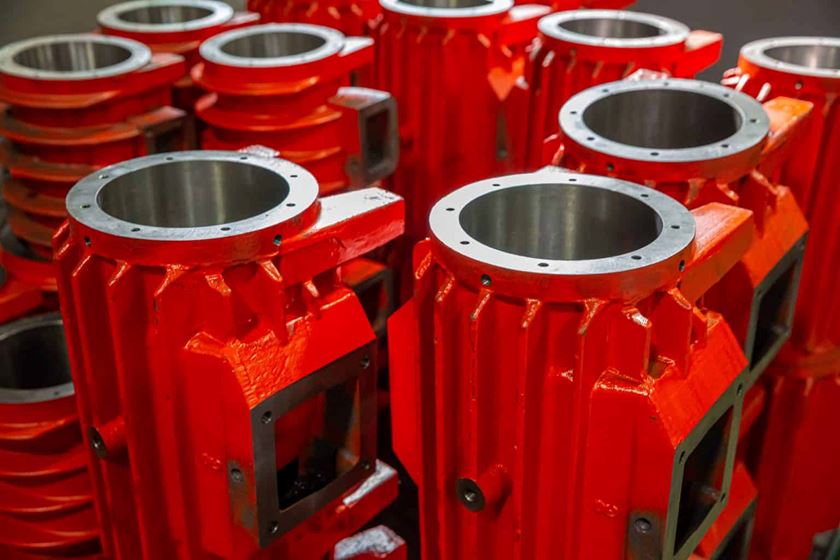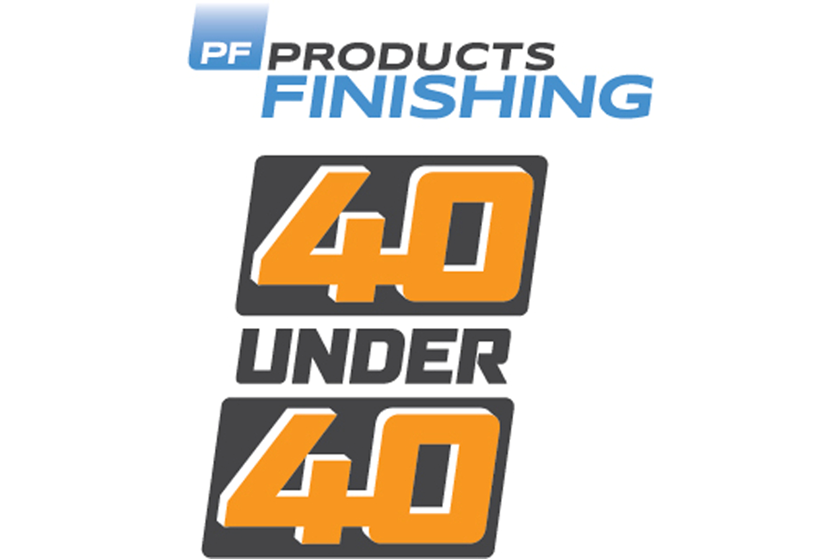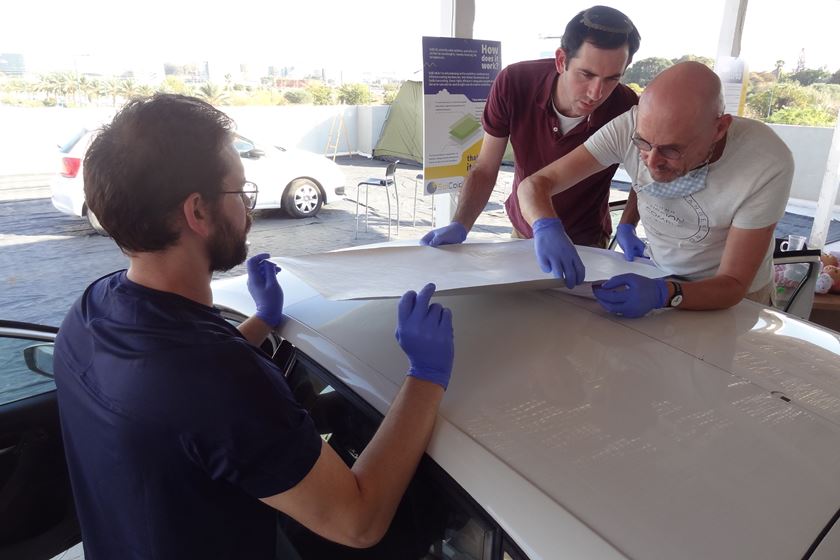Anti-Out-Gassing Powder Formulas
What I would appreciate is a recommendation for the type of powder we should focus on to help with the above-mentioned conditions. Keep in mind that the propellers are used in fresh and salt-water applications. I also think the UV rays can travel through the water and therefore UV resistance may also be necessary.
Q. I am in the marine industry specifically boat propellers. We are powder coating sand-cast and die-cast aluminum parts and have had our share of out-gassing and adhesion problems. I have read many of your articles regarding these conditions. What I would appreciate is a recommendation for the type of powder we should focus on to help with the above-mentioned conditions. Keep in mind that the propellers are used in fresh and salt-water applications. I also think the UV rays can travel through the water and therefore UV resistance may also be necessary. R.B.
Featured Content
A. Being a former boater I can identify with your problem. You know what they say: “There are no former boaters. Only boaters that are currently between boats.” Either way I am currently “boat-less.”
Anti-out-gassing powder formulas are available in many resins. Epoxy and TGIC polyester are the most popular of these specialty formulations, but they can also come in polyurethanes and GMA acrylics. I recommend that you use epoxy because it is the most corrosion and chemical resistant of all the other materials and it is the cheapest powder currently on the market. I say epoxy, even though it is not UV resistant. This is because in my boating experience, no matter what type of engine I had (i.e. inboard, outboard, or inboard/outboard) the paint on the propeller lasted less than a season. This is because the propeller sees sediment in the water and cavitation that will “scrub” the paint from the surface in relatively short order. Furthermore, any chalking from the UV light will be washed-off in the water during normal use. Since the chalking issue is purely esthetic, it should not be a problem anyways.
If you are really concerned about chalking, go with a TGIC polyester, because it is the next cheapest powder to epoxy. The best performance comes from GMA acrylics, used on aluminum wheels, but you should be prepared to pay a lot of money for it.
RELATED CONTENT
-
Curing Oven Basics
Simply heating up the substrate does not cure the coating. There are many variables to consider when choosing the best cure oven for your application...
-
Proper Testing of a Powder Coat Finish
Manufacturer shows how it performs extensive tests on powder coated medical carts.
-
Removing Cured Powder Coatings
Question: What methods are available for removing cured powder coatings, and what are the pros and cons of these methods?


















